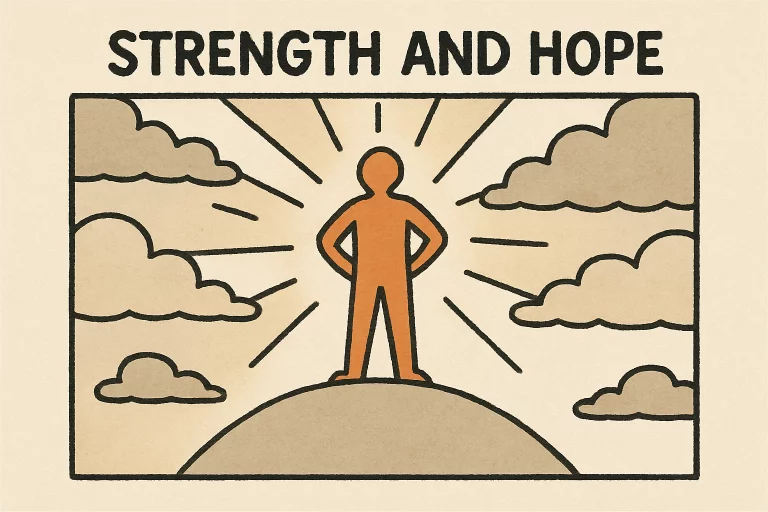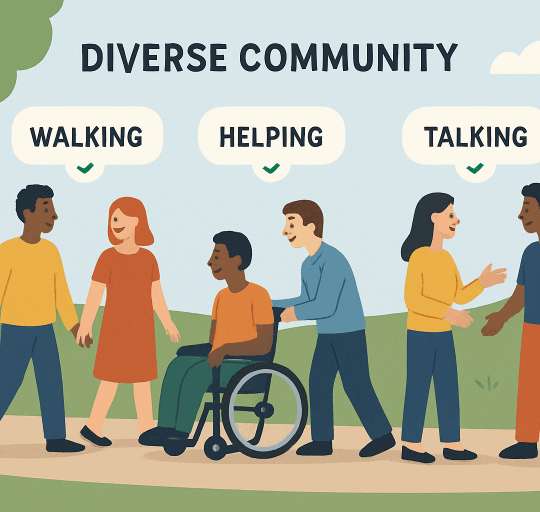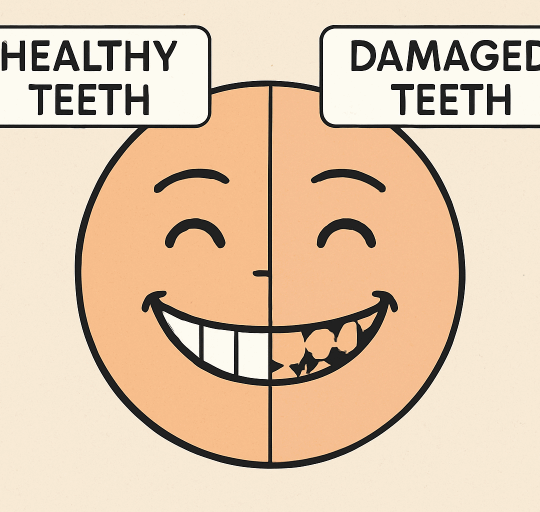Resilience is a vital quality for navigating both the predictable and unforeseen challenges that life inevitably presents. Whether you are contending with everyday setbacks, prolonged periods of stress, or more serious mental health conditions such as depression, developing emotional resilience can significantly enhance your ability to maintain stability, find hope, and bounce back from adversity. Resilience is not about ignoring difficulties or suppressing negative emotions; it involves learning to face challenges head-on, adapting skillfully, and growing from the experience. This guide provides practical strategies for cultivating resilience, strengthening inner strength, and preparing for challenging times and future uncertainties.
Table of Contents
Understanding Resilience
Resilience is the ability to adapt to adversity, trauma, or stress, such as personal loss, illness, or financial crises. It involves learning and strengthening thoughts, behaviors, and actions over time. Resilient individuals are not immune to hardship but possess effective coping mechanisms. Building resilience doesn’t erase difficulties but changes how we approach, endure, and grow from them. Adversity can be viewed as a teacher, offering valuable lessons and opportunities for growth, strength, and wisdom. Recognizing setbacks as inevitable life events sets the stage for a healthier, more resilient response.
Cultivate a Growth Mindset
A growth mindset is crucial for resilience, as it encourages the development of abilities, intelligence, and skills through effort, feedback, and perseverance. It views problems and failures as opportunities for learning, improvement, and new approaches. This mindset fosters optimism, persistence, and adaptability in the face of change, encouraging constructive criticism, openness to adjustments, and viewing setbacks as stepping stones that nurture confidence and self-efficacy. Over time, this approach can transform even the most challenging obstacles into valuable opportunities for personal growth and resilience.

Practice Self-Care
Self-care is a fundamental pillar of resilience, supporting both your physical and emotional health during times of stress. By prioritizing self-care, you ensure that you have the strength and energy to meet challenges head-on and recover more effectively after adversity. Self-care is not selfish, as it’s essential. Here are some ways to support your well-being:
- Physical Health: Make regular physical activity a non-negotiable part of your routine—even a daily walk can improve your mood and bolster your resilience. Eating a balanced, nutritious diet can help stabilize your energy and emotions, while adequate sleep enables your mind and body to recover. Small acts, such as stretching or gentle yoga, can also help release tension and restore balance during overwhelming moments.
- Mental Health: Engage in mindfulness practices such as meditation, deep breathing exercises, or progressive muscle relaxation to calm your mind. Studies show that these practices not only reduce stress hormones but also sharpen your focus and help you maintain perspective during difficult times. Journaling, engaging in creative pursuits, or simply setting aside a few quiet moments each day can all provide clarity and emotional relief.
Develop Emotional Awareness
Emotional awareness is crucial for recognizing, acknowledging, and responding to feelings in healthier and more effective ways. It encourages the mindful exploration, acceptance, and processing of emotions, thereby reducing feelings of overwhelm and reactivity. Practices such as mindfulness and daily journaling can help bring unconscious feelings to the surface, fostering self-acceptance and enabling measured responses to challenges. Heightened emotional awareness is essential for developing resilience, self-mastery, and a sense of inner calm and balance in the face of adversity.







